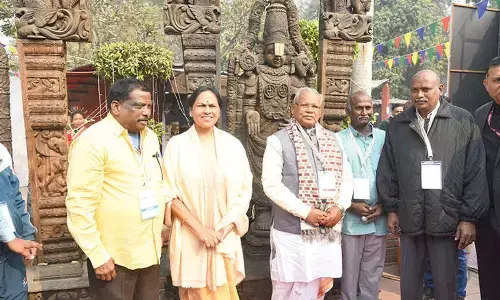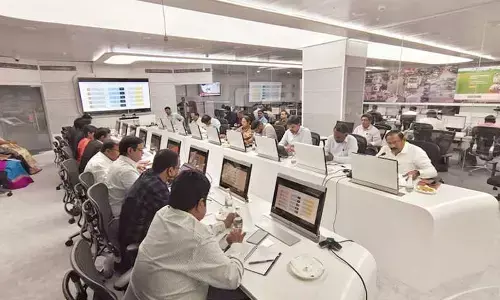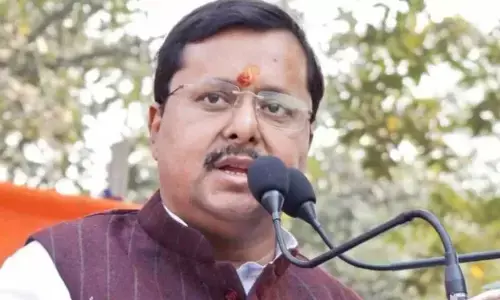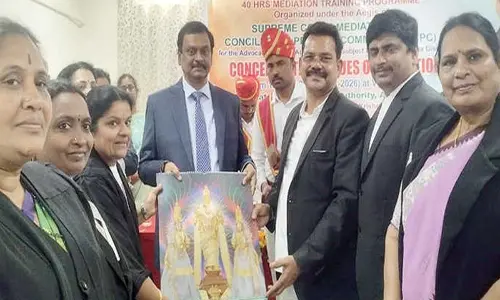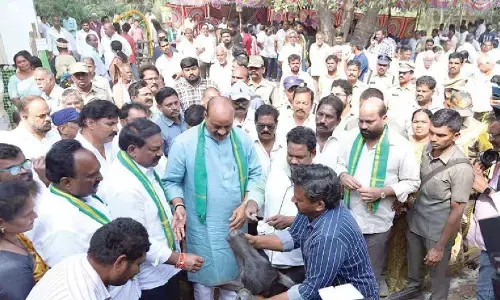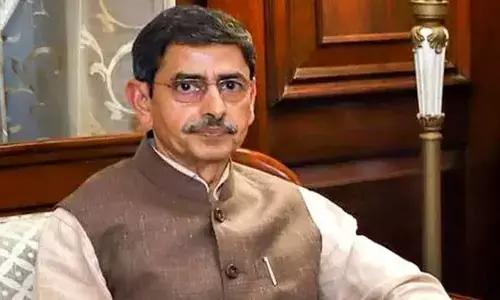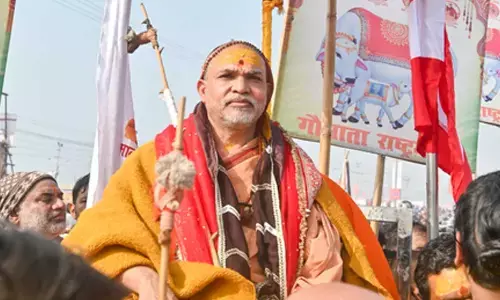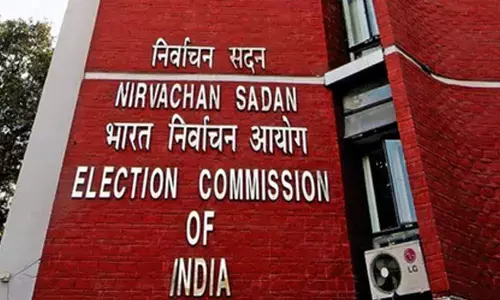Social movements & Dalit upliftment
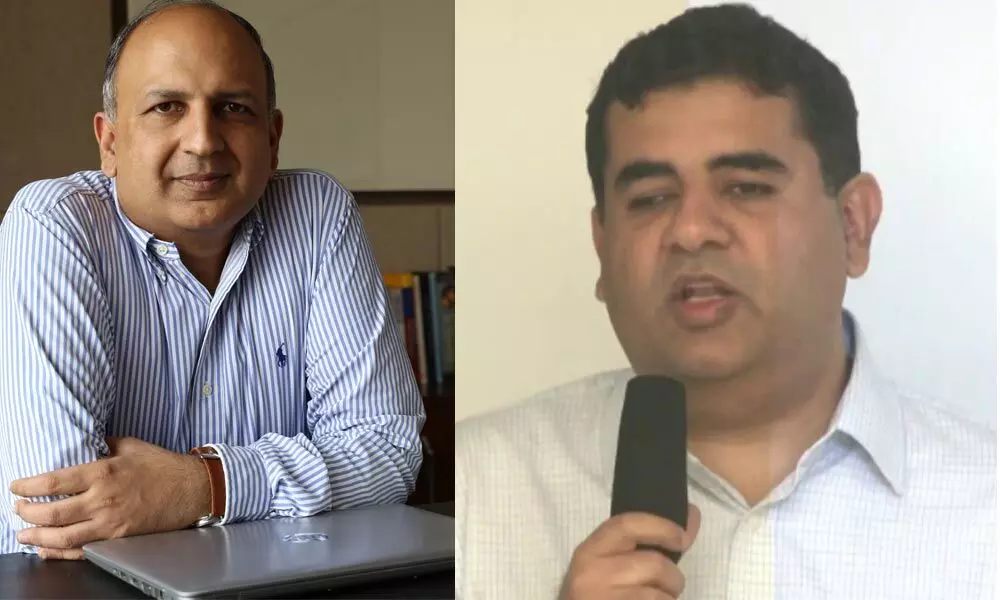
Dr Bhanu Pratap Mehta in conversation with Dr Amit Ahuja on 6th March 2021. A discussion about his book “Mobilizing the Marginalized: Ethnic Parties without Ethnic Movements” which received the prestigious Kamaladevi Chattopadhyay NIF Book Prize for the year 2020.
Professor Amit Ahuja talks about how social mobilisation is currently relevant even in present times by comparing the situation in UP and Maharashtra.
Professor Amit Ahuja talks about how social mobilisation is currently relevant even in present times by comparing the situation in UP and Maharashtra.
A conversation hosted by Manthan in collaboration with The New India Foundation on Saturday was on a vital issue of how social movements mobilise the Indian population of 200 million Dalits but with no substantial results.
This marginalised section of our Indian society plays an essential role in Indian politics.
Amit Ahuja is an Associate Professor of Political Science at the University of California. Santa Barbara has focussed his research on this issue of inclusion and exclusion in a multi-ethnic society. His recent work published under the title 'Mobilizing the Marginalized- Ethnic Parties without Ethnic Movements' has received the prestigious Kamala Devi Chattopadhyay NIF Book Prize for the year 2020.
Dr Pratap Bhanu Mehta needs no introduction; he is India's foremost public intellectuals respected for his understanding of politics and society. Being a professor of Political Science, himself has conducted the session wonderfully.
The session focuses on the states of Tamil Nadu (VCK), Maharashtra (RPI/BSP), Bihar (LJP), and Uttar Pradesh (BSP). The mainstream parties in these states elect 40% of India's parliament, which contributes significantly. Yet, only UP and Bihar have successfully used this marginalised section by converting them into potential successful votes during elections.
Professor Amit Ahuja talks about how social mobilisation is currently relevant even in present times. He compares the situation in UP and Maharashtra. In UP though the Dalit's mobilise, they are not provided with a platform to put forth their issues; instead, the parties co-opt to translate them into votes.
In Maharashtra, the situation is entirely different; they represent this marginalised section of society. Their issues have gone through wheels of social justice, and there seems to be a better representation and recruitment at the grass-root level. The increased engagement in politics has gradually translated into substantial votes. These issues have been spoken extensively in the book. The in-depth research of these social issues also includes why Congress is losing the Dalit vote. The speaker provides insights on BSP or LJP who can capture the votes of these sections of society.
It talks about social agglomeration both within and outside the electoral sphere. The issues include unity, social representation, Dalit assertion and the history of these groups or jatis prevalent.
He mentions looking at the trend since 90's Dalit parties that are winning elections it has been so because of the representation that they have at the grass-root level. But it is poignant to understand the marginalised section of society is still protesting for the issues that have been there for a long time.
It is pertinent to understand that if we envision to change, we must involve students, the general public to converse about such things. It provides us with the ground reality of the situation.
Looking at a larger picture to diminish this marginalisation would be to provide autonomy through electoral assertion, finding a political voice, economic prosperity. This assertion offers space for the reduction of marginalisation or a casteless society. And it is noticeable in the many areas where urbanisation has occurred, but we must understand that it is resurfacing in personal and social spaces in-terms of identity. Understanding this resurgence allows for the reduction of this stigma related to such social identity.
The conversation provides an interesting take on how to address these issues. Prof. Amit suggests addressing these issues of hierarchy by mentioning state regulation regarding better policy implementation or merely addressing atrocities committed towards society's marginalised sections. He proposes to address the problems by having engaging conversations not just in the purview of the electoral backdrop but as an issue that concerns all the areas of society.
The session allows the general public an excellent platform to understand issues that are pertaining to society. This stimulating conversation amongst intellectuals is inspirational and provides a wonderful canvas for further research and bringing change in society.








